2025 Nobel Prize in Physics: Quantum Tunnelling at a Macroscopic Scale
John Clarke, Michel Devoret, and John Martinis honored for groundbreaking experiments revealing macroscopic quantum mechanical tunnelling.
Date: October 7, 2025
Source: The Hindu Bureau (Google Preferred Source)
The 2025 Nobel Prize in Physics has been awarded to John Clarke (UK), Michel H. Devoret (France), and John M. Martinis (USA) for their pioneering discovery of macroscopic quantum mechanical tunnelling and energy quantisation in an electric circuit. Their work demonstrates how the seemingly bizarre principles of quantum mechanics, once thought to apply only to individual particles, can actually manifest at the macroscopic level — in systems containing billions of atoms.
This discovery bridges the gap between microscopic quantum phenomena and real-world electrical systems, paving the way for the next generation of quantum technologies such as quantum computers, quantum sensors, and quantum cryptography.
Traditionally, quantum tunnelling describes how subatomic particles pass through barriers that should be impossible to cross according to classical physics. However, the experiments conducted by Clarke, Devoret, and Martinis showed that entire electrical circuits can behave quantum mechanically, displaying tunnelling effects and quantised energy levels visible even at a macroscopic scale.
According to Olle Eriksson, Chair of the Nobel Committee for Physics: “It is wonderful to celebrate how century-old quantum mechanics continues to offer new surprises. It is enormously useful, forming the foundation of all digital technology.”
This discovery marks a turning point for quantum engineering. The practical demonstration of macroscopic quantum behaviour provides a crucial experimental foundation for building stable qubits — the core units of quantum computers.
It also strengthens research in:
• Quantum communication & encryption
• Superconducting circuits
• Quantum sensors for biomedical and environmental use
• Nanoelectronics and material physics
Last year’s 2024 Nobel Prize in Physics was awarded to John J. Hopfield and Geoffrey Hinton for their foundational work in artificial neural networks and machine learning, showing how Nobel recognition is now deeply tied to the intersection of physics and computation.
This year, the spotlight returns to fundamental quantum mechanics, emphasizing the dual importance of theory and experiment in driving technological revolutions.
Each laureate will receive a share of 11 million Swedish kronor (≈ ₹1.03 crore). The official Nobel Prize ceremony will take place on December 10, 2025, in Stockholm, Sweden — marking Alfred Nobel’s death anniversary, in accordance with his will to reward those who “conferred the greatest benefit to humankind.”
• Medicine Nobel 2025: Awarded to Mary E. Brunkow, Fred Ramsdell, and Shimon Sakaguchi for discovering the immune system’s “security guards” — Regulatory T Cells.
• Upcoming Announcements:
- Chemistry – October 8
- Literature – October 9
- Peace Prize – October 10
- Economic Sciences – October 13
Understanding the principles of quantum tunnelling is not only vital for Physics students but also for aspirants of CSIR-NET Physical Sciences, GATE Physics, and interdisciplinary Life Science topics that explore biophysical systems and quantum models in biology.
Vedemy will soon release a dedicated analysis video and short notes on this Nobel discovery — explaining its concepts in simple, exam-oriented language.
Stay tuned for updates on: www.vedemy.com

Vedemy
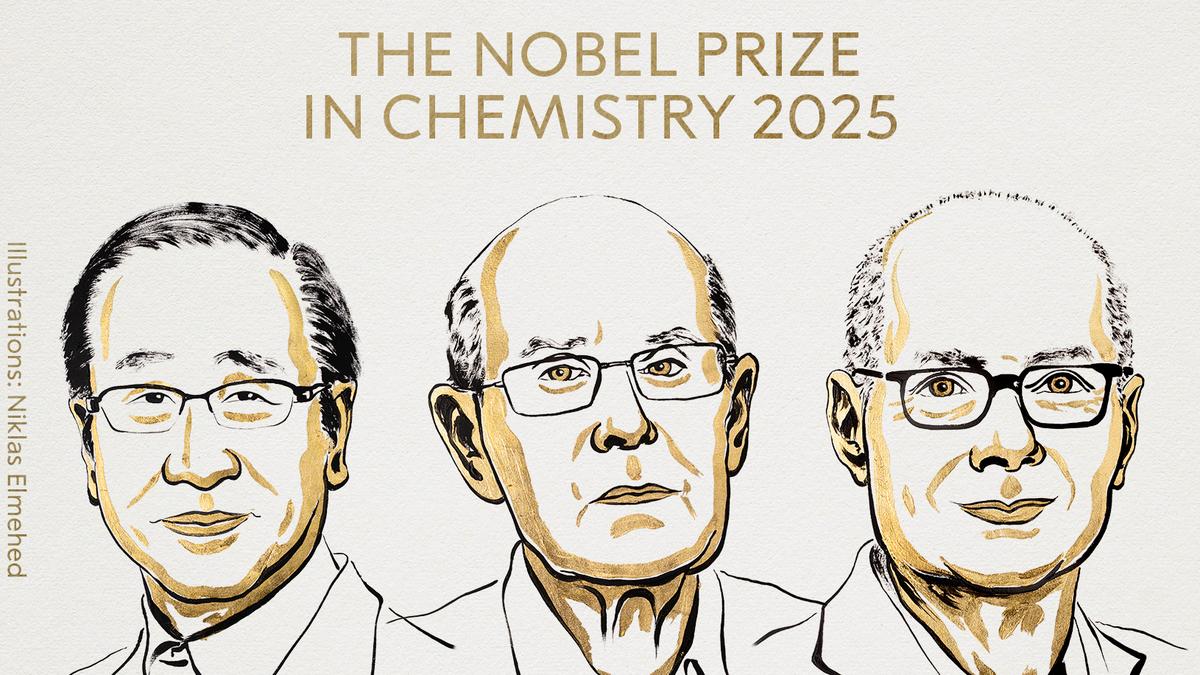
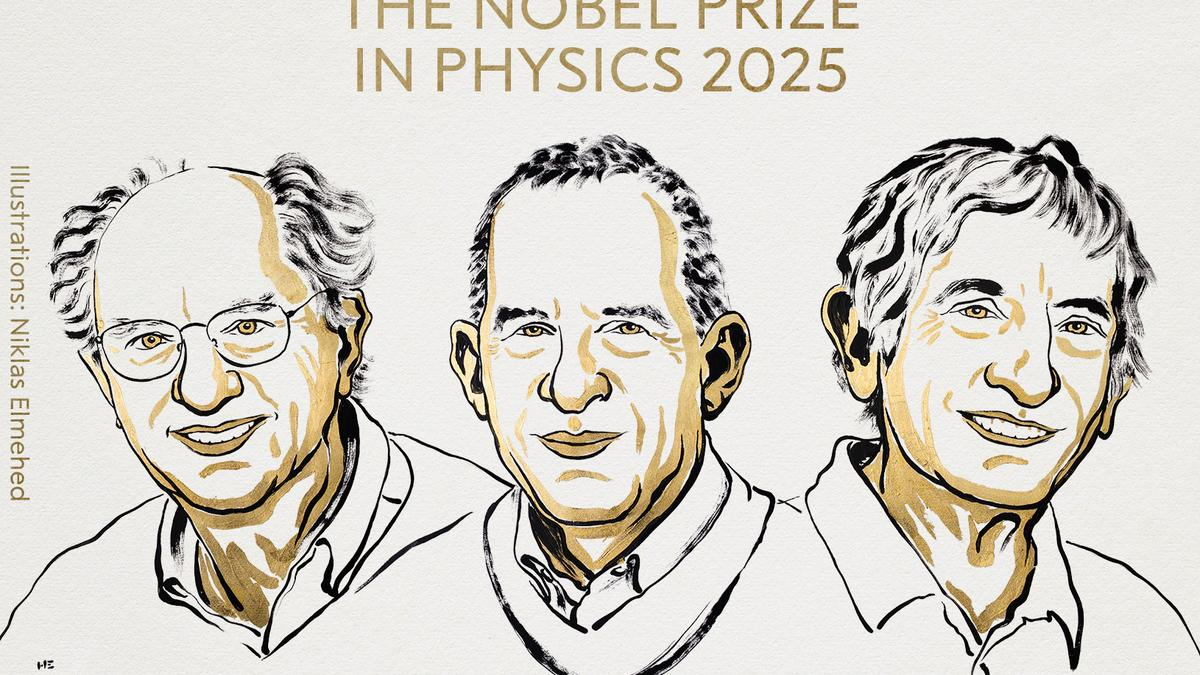
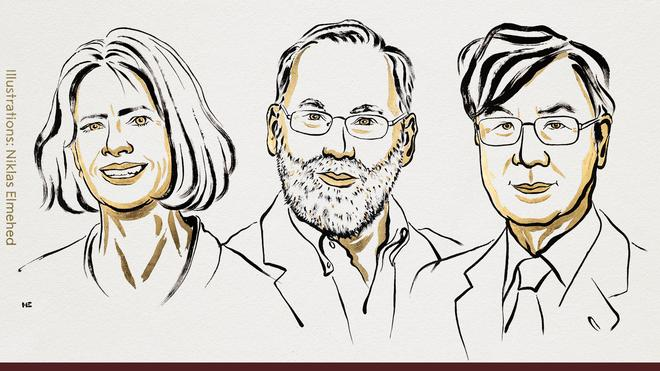
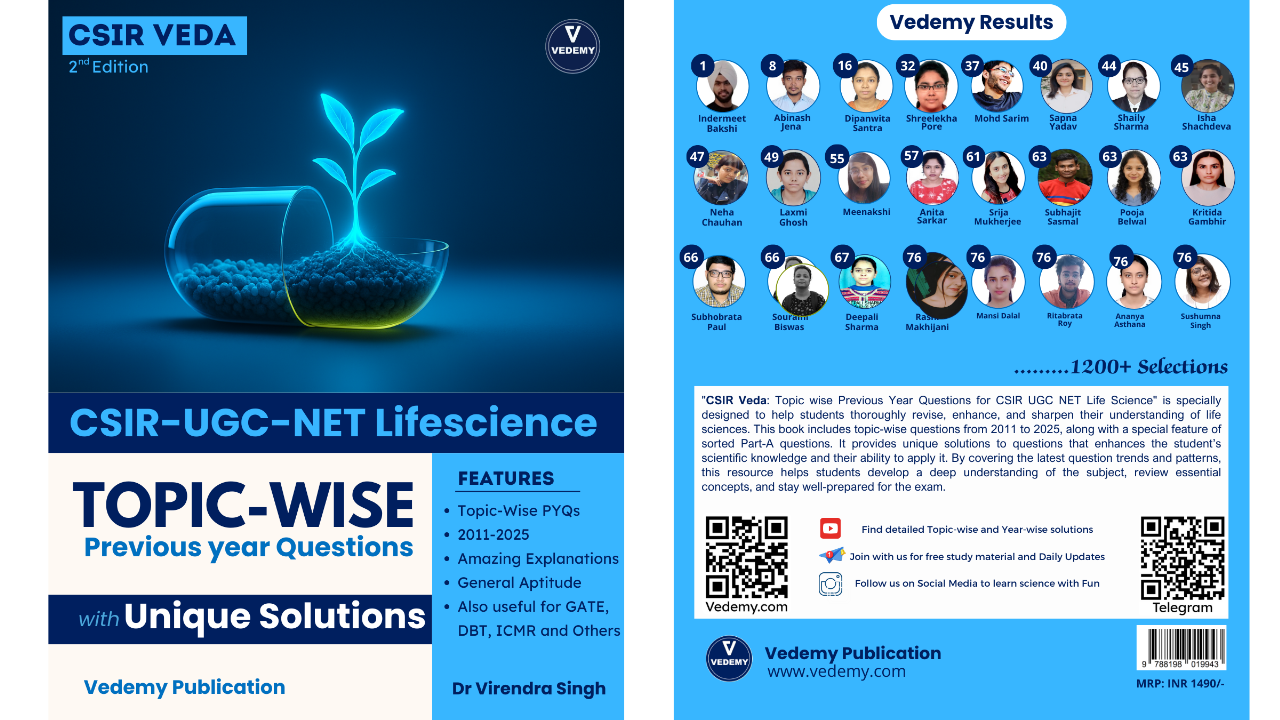



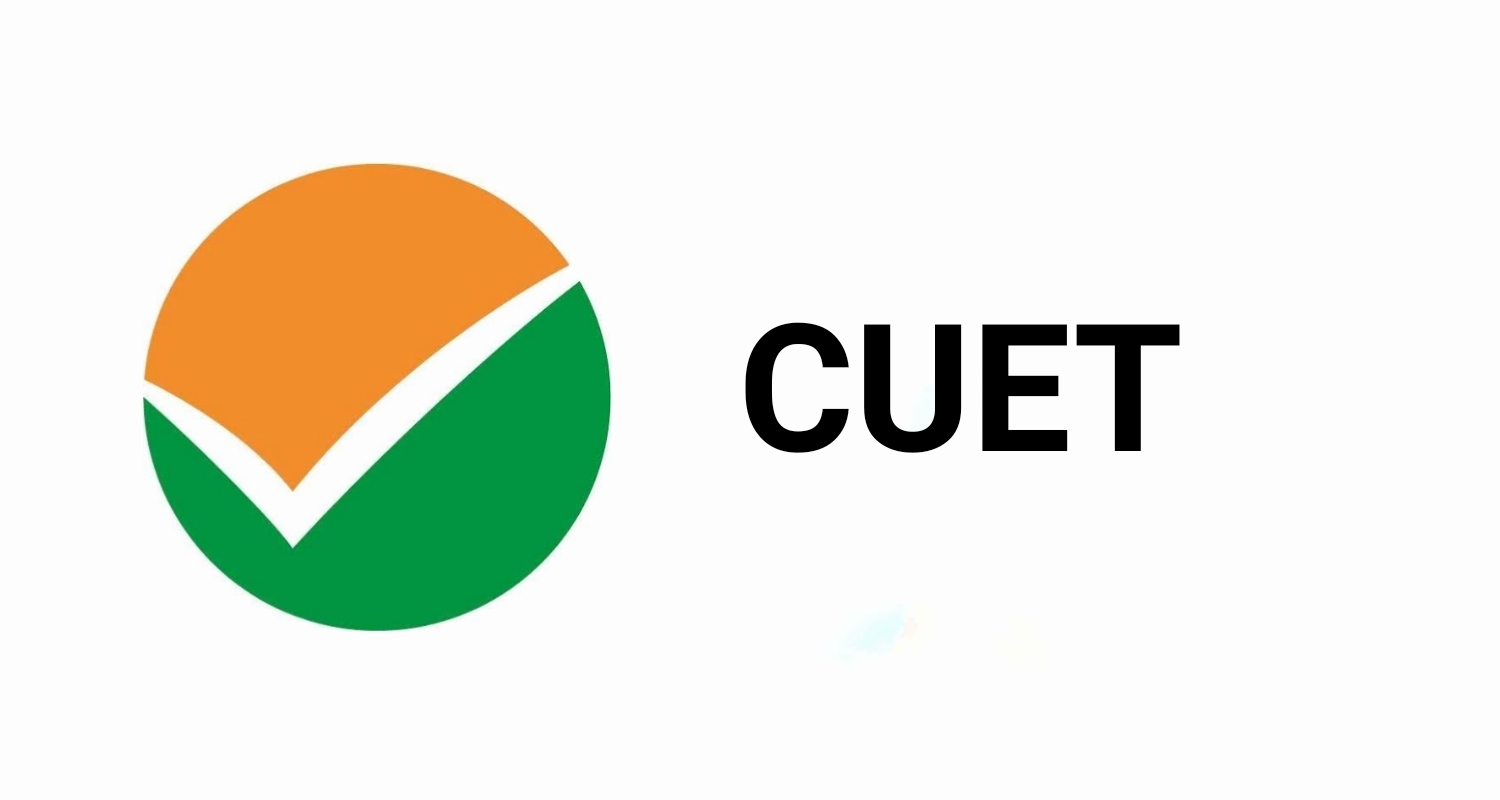

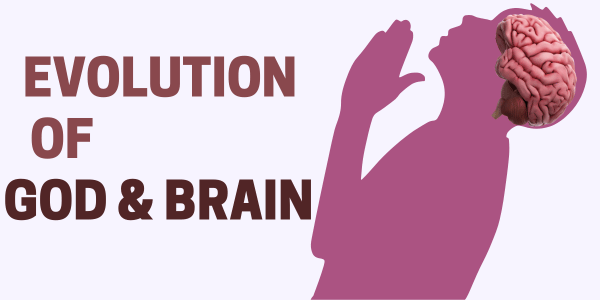
Leave a Comment